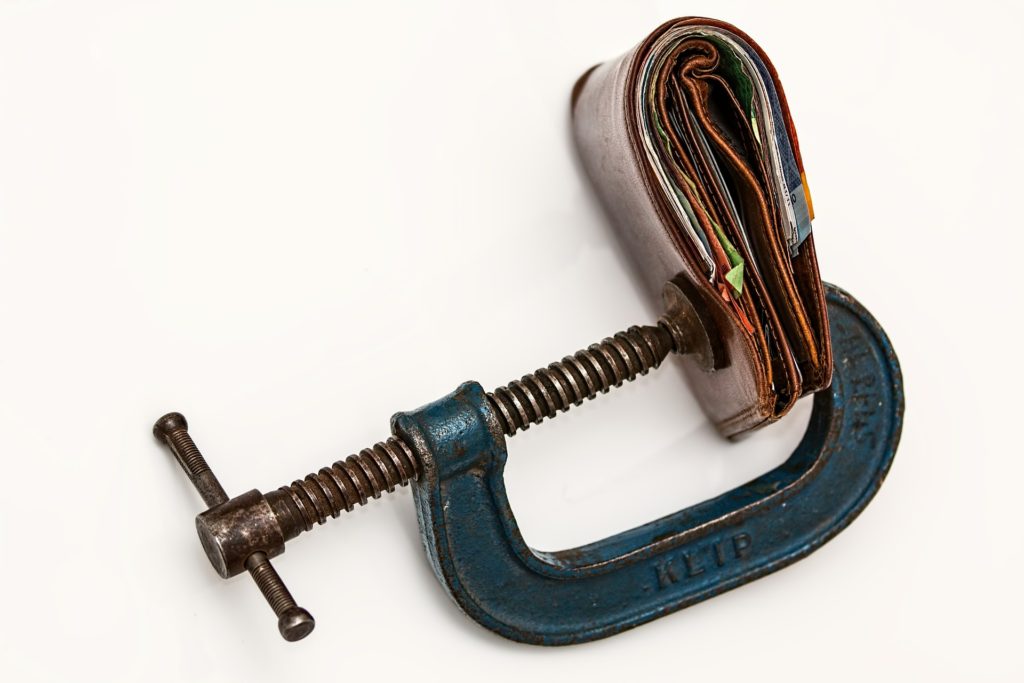
There is one extreme benefit to filing chapter 7 bankruptcy and one extreme negative to filing chapter 7 bankruptcy. This form of bankruptcy, it must be noted, is not something to step into lightly but, rather, is a form of bankruptcy that is best suited to an individual in a specific set of financial circumstances.
1. You Have a Lot of Debt
One of the prime considerations for filing chapter 7 bankruptcy is a situation where the filer has a large amount of debt, specifically, unsecured debt. Unsecured debt is money that you owe that is not backed up by collateral. Credit card debt and medical bills are the two primary sources of unsecured debt that most bankruptcy filers in chapter 7 are seeking to be free from. If you have high medical bills and/or owe a large amount of money to credit card companies, chapter 7 may be a good choice for you.
2. You Want a Fresh Start
Chapter 7 bankruptcy is classically known as fresh start bankruptcy. Chapter 7 bankruptcy is the liquidation of unsecured debt. Your unsecured debts in chapter 7 bankruptcy, with few exceptions, are completely liquidated and you are given a fresh start. The fresh start offered in chapter 7 comes at a price, namely, your credit score will reflect the chapter 7 bankruptcy and it will likely be difficult to get extensions of credit or loans for a period of time until you begin the credit rebuilding process.
3. Your Income Is Less Than the Current Median Family Income
Median family income in Massachusetts varies, some years it will be higher than others. But if your income is less than the median family income in Massachusetts, you may be allowed to file for chapter 7. Ultimately, you will be subject to the means test to determine you ability to file for chapter 7.
4. You Don’t Own a Home
Chapter 7 works best for people that do not own a home. Although it is possible to file chapter 7 if you own a home, to do so you will need to be completely current on all of your mortgage payments. That is, you should have no late or missing mortgage payments because most lenders will not want to renegotiate or refinance a loan with someone who has filed bankruptcy if they have numerous late or missing mortgage payments. So, chapter 7 is best for people who don’t own a home. Or alternatively, if you don’t care about keeping the home for one reason or another, then, having late or missed payments would not matter as you would be prepared to liquidate the home in chapter 7.
Nothing to See Here
One last area that can make trouble for some bankruptcy filers in Massachusetts is when the bankruptcy petitioner might face a challenge to the discharge of a particular debt. The challenge of a debt can occur for a number of reasons, but, one common reason might be a vacation charged to a credit card immediately before or very soon before filing for bankruptcy. This would be a red flag to the bankruptcy trustee and bankruptcy court who would likely look at such activity as fraudulent and not allow the debt to be discharged as a result. This type of activity could even result in the bankruptcy petition being thrown out of court.
DISCLAIMER:
The information provided in the pages and posts of this website are for general informational purposes only. The information presented on this site is not legal advice, and no attorney-client relationship is formed by the use of this site.





